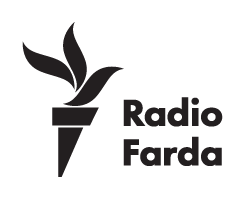U.S. Secretary of State Mike Pompeo reiterated Thursday, August 27, that the United Nations sanctions against the Islamic Republic will return on September 20.
In a tweet Pompeo once again noted, " Last week, the U.S. triggered the 30-day process to restore virtually all @UN sanctions on Iran after the Security Council failed to uphold its mission to maintain international peace and security. These sanctions will snap back at midnight GMT on September 20."
In another tweet Pompeo said if any member of the Security Council introduces a resolution to continue sanctions relief, the U.S. will oppose it. "If no resolution is introduced, the sanctions on Iran will still return on September 20. That's how UNSCR 2231 works," Pompeo has stressed.
Washington tabled a resolution two weeks ago to extend the Iran arms embargo due to expire in October, but members of the UNSC did not support it either.
As a response it submitted a proposal to the Security Council last Thursday to reinstate sanctions and activate the trigger mechanism. However, within 24 hours of Washington's move, and in separate letters, thirteen of the fifteen permanent and non-permanent members of the U.N. Security Council (UNSC) dismissed it.
They argued that the U.S. had no legal right to "snap back" sanctions because it had already dropped the Joint Comprehensive Plan of Action (JCPOA) or Tehran's 2015 nuclear deal with world powers.
Furthermore, Indonesia's ambassador and the rotating chairman of the UNSC, Dian Triansyah Djani, said August 25 that the council was "not in a position to take further action" because thirteen members opposed the U.S. move to activate the trigger mechanism on the Islamic Republic.
Despite the opposition, Washington fired back that it "will use all available diplomatic means" to prevent the lifting of the arms embargo on the Islamic Republic.
The trigger mechanism envisaged in UNSCR 2231 allows the parties to the JCPOA to request the automatic return of all international sanctions, should Iran violate its commitments stipulated in the nuclear deal.
Washington has repeatedly argued that, since the U.S. is a party to UNSCR 2231, it can still request the trigger mechanism's activation.
Iran has condemned the U.S. efforts to "turn multilateral agreements into unilateral punishment," referring to Pompeo's approach as "lawless bullying" that has left Washington "isolated."



